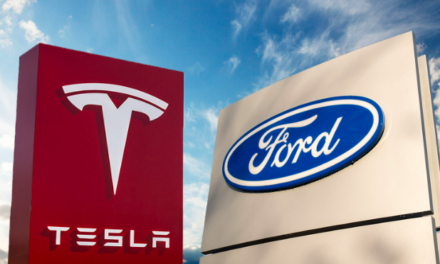Wall Street watchers were stunned by GameStop CEO Matt Furlong’s recent announcement. He said that the company’s loss of $147.5 million at the end of 2021 was not a setback but more like a stopover toward long-term transformation.
Indeed, this development is just the most recent in many surprises. The company has sprung on market watchers over the past couple of years, mainly at the instigation of its current chairman of the board, Ryan Cohen, co-founder of Chewy, a known activist investor.
In April of last year, the executive board Cohen brought aboard treated GameStop more like a startup than a company with several years of experience.
As a result, the company views its Q4 loss as a mere bump in the road rather than a disaster. It has also opted to play the long game by emphasizing growing its top-line sales instead of immediate profits.
Interestingly, the company’s stock value dropped by over 9% in after-hours trading following Furlong’s announcement. This, however, is not alarming as GameStop’s stock value usually falls a day or so following its earnings report.
Exceeding expectations
GameStop also exceeded market watchers’ predictions regarding its 2021 revenues, registering sales of around $2.25 billion. This was 6% higher than its fourth-quarter earnings in 2020. The company’s end-2021 revenues were also markedly higher than their Q4 earnings from 2019.
Analysts predicted that the company would earn over 80 cents per share. Despite this, GameStop still registered net losses of around $1.94 a share compared to the $1.18 earned per share towards 2020.
For his part, Furlong opined that earnings were lower than expected during the 2021 Holidays because of ongoing supply chain issues and how the Omicron variant caused COVID surges in many key cities throughout the United States. Nevertheless, GameStop executives collectively decided to lean in, absorbing higher costs to meet customer demand during the season.
Changing priorities
Furlong went on to say that investing in customers and rebuilding brand loyalty are GameStop’s chief priorities at present and that doing so will serve its best interests in the long term.
He added further that corporate strategy moving forward would involve embracing what he calls “the new frontiers of gaming,” essentially learning from GameStop’s mistakes from the past decade when it failed to adapt to innovations that were drastically changing the digital gaming landscape.














